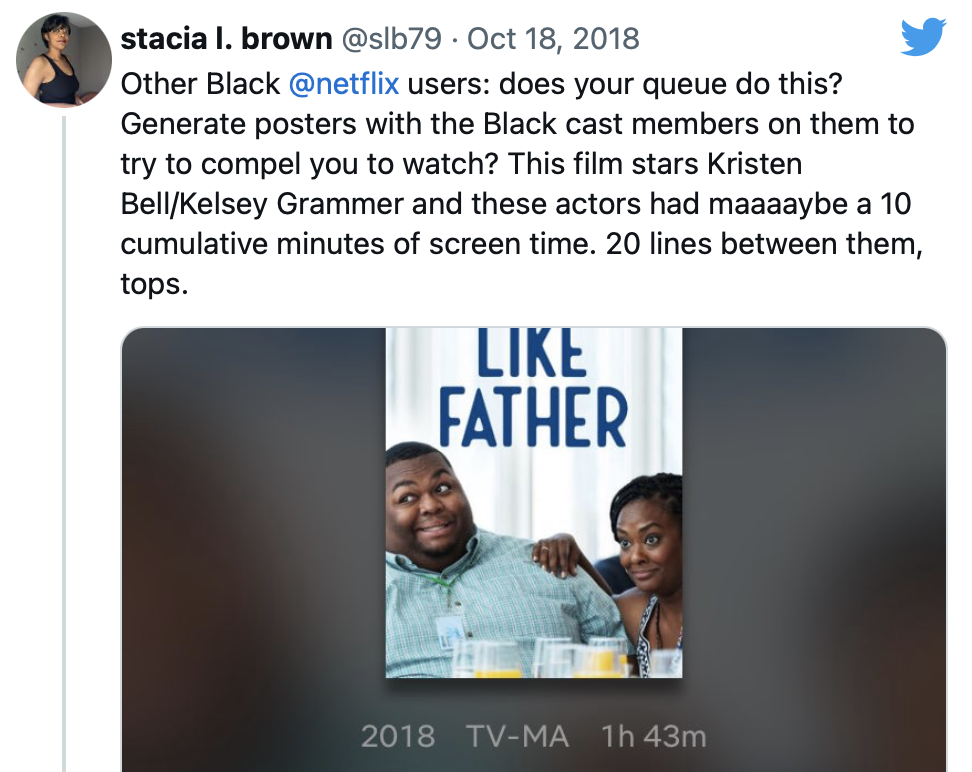In an earlier blog post, I facetiously said I would go after the slogan “love is love” next. Well, why not. This should be quick.
“Love is love” is a slogan that is used to legitimize queer love by appealing to the value of love. It brings to bear every cultural narrative of star-crossed lovers torn apart by circumstance or by society, and observes that homophobes are the clear villains of the story. Love is love, and why are you against love? What petty prejudices do you have that motivate you to support one kind of love and oppose another? Also, if you read it literally, the slogan is tautologous, which is cute.
None of that is wrong exactly. The issue is that for some people, there are in fact substantive differences in how they love, or whether they love at all.

